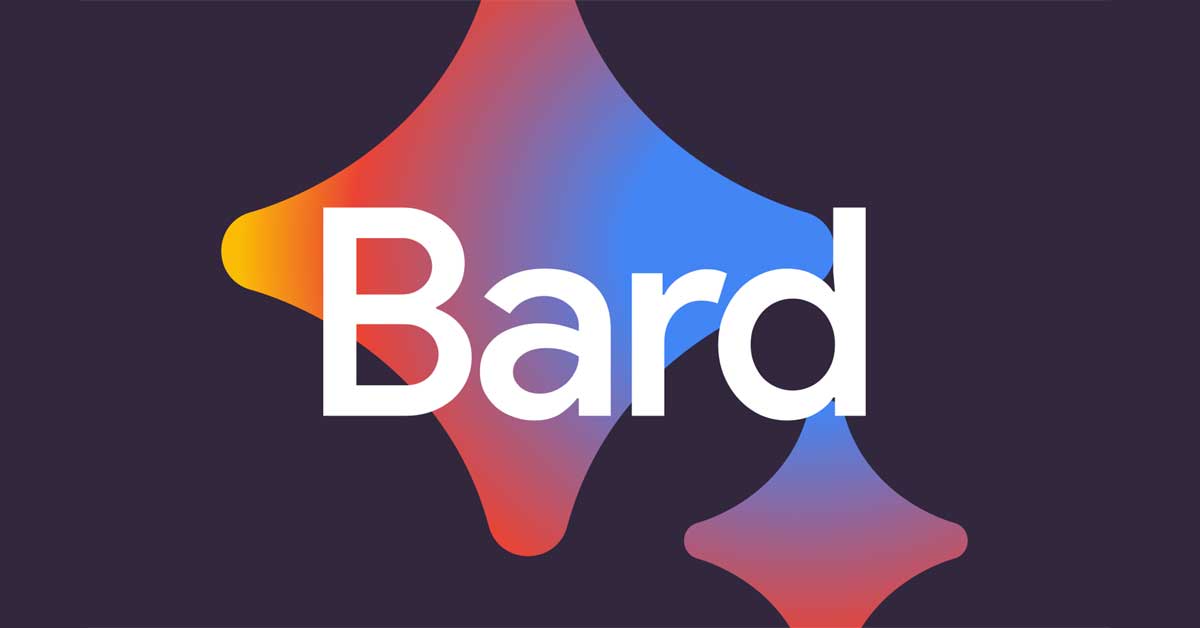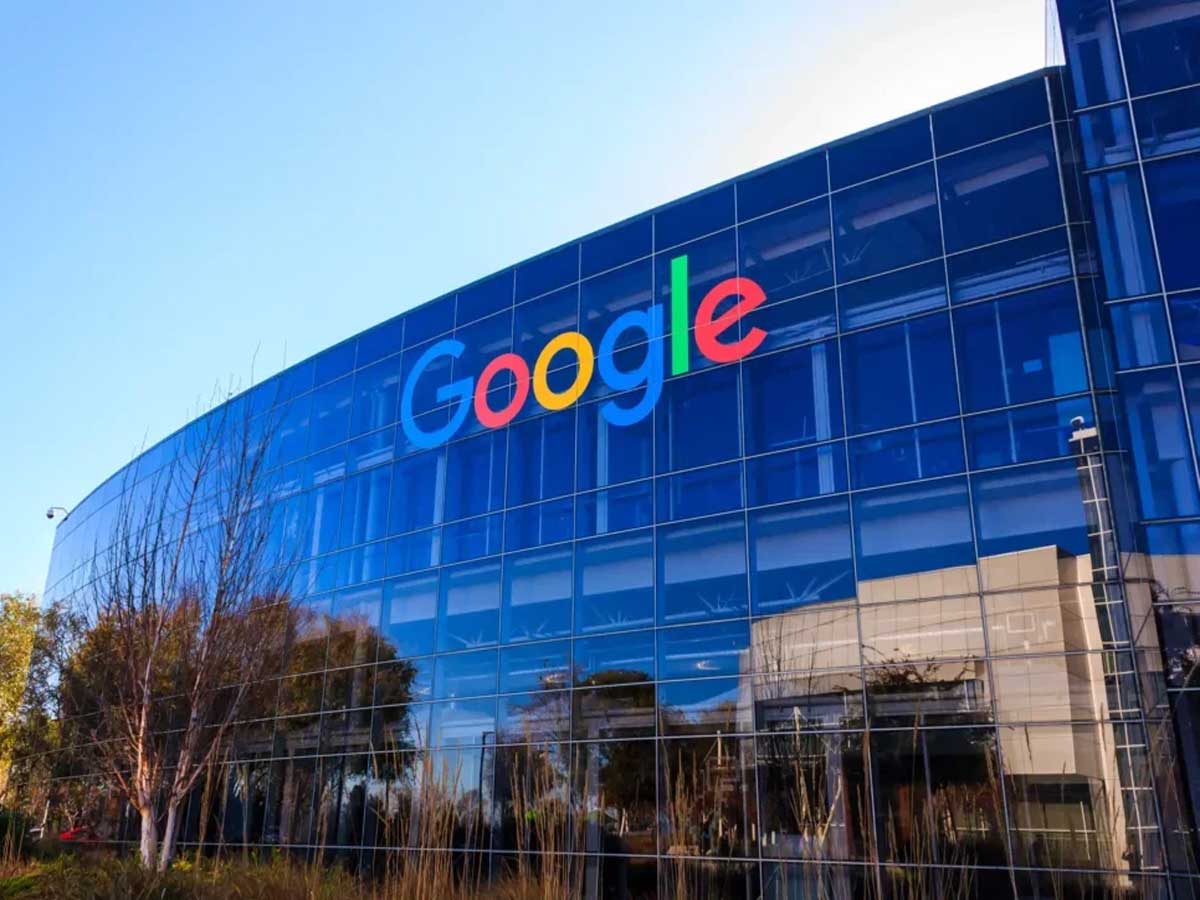Imagine a world where news articles are written by artificial intelligence (AI) instead of human journalists. That future might be closer than you think. Google, the tech giant, is currently testing a revolutionary AI technology codenamed "Genesis" that has the power to generate news articles.
The New York Times was the first to report on Google's groundbreaking experiment with Genesis. Not only The Times but executives from other influential media outlets, such as The Washington Post and News Corp (the owner of The Wall Street Journal), were also given a firsthand demonstration of the AI technology. Witnesses during the demonstration were left amazed by Genesis's capabilities.

So, what exactly can Genesis do? Witnesses revealed that this innovative AI technology can take data as input and swiftly generate written content. It is not confined to specific topics either; it can produce articles covering everything from current events to various information types. The potential here is enormous.
Google believes that Genesis can be used as a valuable assistant for journalists. Automating certain tasks can free up journalists' time, allowing them to focus on more important aspects of their work. However, this idea has generated mixed reactions.
Some people who witnessed the Genesis demo found the experience "unsettling." They felt that the AI technology needed to appreciate the effort and skill that goes into crafting accurate and digestible pieces of journalism. The question arises: Can AI truly replicate the human touch in news reporting?

Jeff Jarvis, a respected journalism professor at the City University of New York, shared his insights. He suggested that journalists could embrace Genesis only if it reliably delivers factual and trustworthy information. After all, accuracy is paramount in journalism, and AI must meet this high standard.
Genesis remains in the testing phase, and Google has not officially launched it. This raises questions about its reliability and potential for spreading misinformation. The technology must be thoroughly vetted before it can predict its full impact on the news industry.
Google is not alone in the race to deploy AI technology in the news realm. OpenAI, a company backed by Microsoft, is also making significant strides with its generative AI tech. However, both companies have faced criticism and challenges in ensuring the accuracy of AI-generated content.
Recently, some publications attempted to use AI tools for writing articles, but with mixed results. CNET, for instance, encountered substantial errors in the machine-written articles it published under the CNET Money byline, leading to necessary corrections.
Gizmodo's io9 faced a similar situation when a Star Wars piece filled with errors, attributed to the "Gizmodo Bot," was published without any editorial oversight.
Sources: nytimes.com / engadget.com













